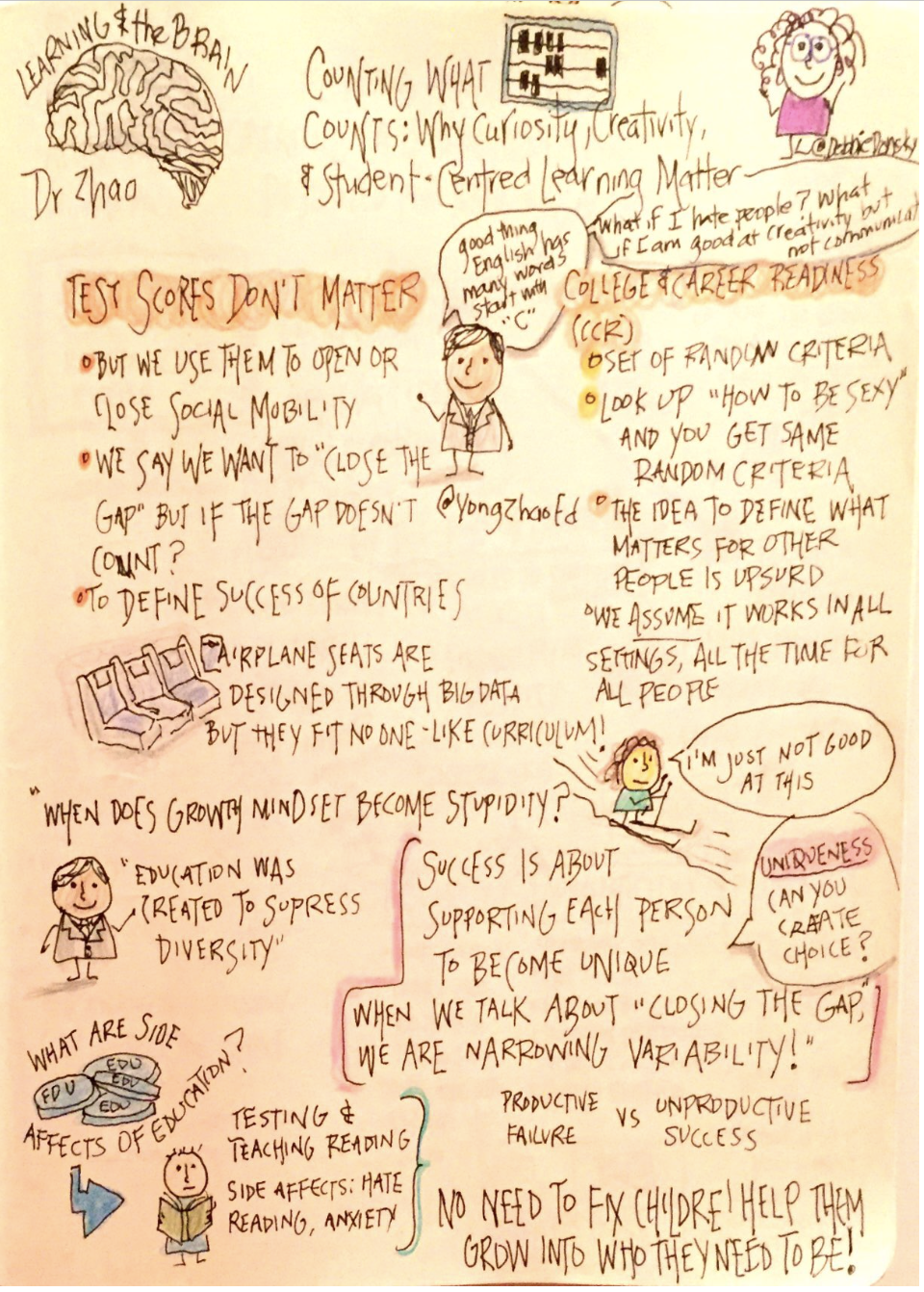Tags
ADHD adolescence attention book review boundary conditions classroom advice conference speakers constructivism/direct instruction creativity desirable difficulty development dual coding education elementary school embodied cognition emotion evolution executive function exercise experts and novices gender high school homework intelligence long-term memory math methodology middle school mindfulness Mindset motivation neuromyths neuroscience online learning parents psychology reading retrieval practice self-control skepticism sleep STEM stress technology working memoryRecent Comments
- I Am a Doctrinaire Extremist; S/he Is a Thoughtful Moderate |Education & Teacher Conferences on Which Is Better: “Desirable Difficulty” or “Productive Struggle”?
- "Writing By Hand Fosters Neural Connections..." |Education & Teacher Conferences on Handwritten Notes or Laptop Notes: A Skeptic Converted?
- Weather Forecasting and Cognitive Science |Education & Teacher Conferences on The Jigsaw Advantage: Should Students Puzzle It Out?
- Weather Forecasting and Cognitive Science |Education & Teacher Conferences on A Beacon in the Mindset Wilderness
- Helen R on The Dangers of “The Big Ask”: In Defense of Stubborn...
ABOUT THE BLOG
Monthly Archives: April 2017

If You’re Reading this Blog, You’re Part of the Solution
Dr. Savo Heleta, a scholar at Nelson Mandela Metropolitan University, argues that scholars should devote…

Movin’ on Up
This New York Times article offers a handy overview of research into the importance of…

More Brain Horsepower?
This article summarizes the current debate — call it a “controversy” — about brain training….

Share Your LEARNING AND THE BRAIN Stories
While you’re at Learning and the Brain, we’d love to hear your story. What have…
Posted in L&B Blog
Leave a comment

Learning and the Brain Stories, #2
Curiosity and Play: Snowflakes and Standards by Dr. Debbie Donsky Common themes ran throughout the…
Posted in L&B Blog
Leave a comment

Your Brain Is Like a Computer, take 357
Because brains are so complicated, people who explain them routinely search for analogies. Your brain…

No Homework in the Orchard
The Washington Post reports on [edit] Orchard School in South Burlington, VT, [a PK-5 school…

The Benefits (?) of Overlearning
I’m reviewing the vocabulary I learned in today’s Spanish class. The last time I went…

